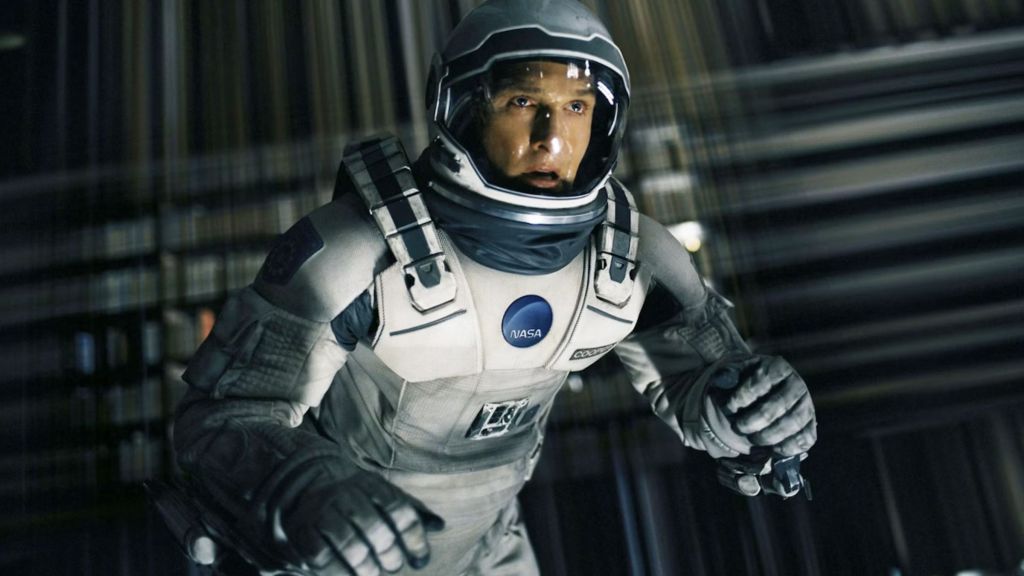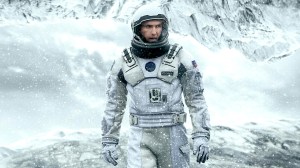The 21st Century has had a lot of great Sci-Fi movies, but it took a while for one to become accepted as the masterpiece it truly is. From dystopian landscapes to warnings about AI, space exploration to alien invasions, the films we’ve seen in the genre have expanded upon some of its best ideas and themes while also exploring new horizons. We’ve had some truly stunning efforts, like Children of Men, Arrival, Eternal Sunshine of the Spotless Mind, and Dune: Part Two, to name but a few that are personal favorites, and seen a few directors dominate, like Alex Garland, Denis Villeneuve, and, of course, Christopher Nolan.
Videos by ComicBook.com
Perhaps no director has made a more indelible mark on the filmmaking world (or at least, where blockbusters are concerned) these past 25 years than Nolan, who is now one of the few directors whose name alone can carry a movie. And while he’s explored various other genres, it’s Sci-Fi he’s intrinsically linked to, and where some of his wildest ideas have come to fruition, as we’ve seen in The Prestige, Inception, and Tenet. Among all of those is Interstellar, which received surprisingly mixed reviews (especially by Nolan standards), but deserves to stand tall among the modern greats of the genre.
Interstellar Deserves To Be Counted Among The 21st Century’s Best Sci-Fi Movies

Interstellar‘s reception was by no means bad, but its 73% Rotten Tomatoes score was a surprise given where Nolan was at the time: following The Dark Knight (94%), Inception, and The Dark Knight Rises (both 87%), it was expected that he was going to deliver another near-unanimous hit, but reaction was more muted and divided. The mix of heady science and emotional vulnerability didn’t land for a lot of critics at the time; the visuals were highly praised, but its intellectual grounding and exposition was on much shakier footing.
There’s a sense of irony in this. One of the most common criticisms of Nolan is that he is too cold a filmmaker, and yet his most emotionally open and sentimental movie is among his most divisive. But 11 years on, that shouldn’t – and in a way, doesn’t – really hold true. Yes, it is a technical marvel that a lot of Sci-Fi movies would dream of matching: Hoyte van Hoytema’s cinematography is gorgeous, Hans Zimmer’s organ-heavy score an awe-inspiring, haunting soundscape, the mix of practical and digital effects create a dazzling spectacle. But there’s much more to Interstellar.
Any great Sci-Fi movie should use its high concepts to explore fundamental aspects of humanity, and Nolan does that beautifully here. There’s the driving force behind the movie’s plot – an ecological disaster – that feels even more relevant and prescient today than at the time. But more pertinently this is a movie that’s very openly about love, and more specifically, fatherhood, with the director using time and space quite literally to capture the feeling of watching (and sometimes missing) his kids growing up (the scene of Matthew McConaughey’s Coop crying watching videos of his children is the heart of the movie).
It’s a simple, intimate idea, but translated to the most epic stage imaginable, and that’s what the best science fiction does. Especially now, as we not only face those great environmental threats but at a time when we’ve been through a pandemic, and often feel so divided, a movie that reminds us how love and connection can transcend through the cosmos, across the farthest reaches of time and space, is more resonant than ever, and is a big part of why Interstellar has aged so well.

When it re-released in IMAX for its 10th anniversary last year, there were several retrospectives that highlighted how opinion had shifted. In The New York Times‘ 2025 list of the 21st Century’s 100 greatest movies, it ranked a respectable 89th, higher than you’d expect from a movie with a mixed reception upon release. More tellingly, it placed 5th with readers. This is a Sci-Fi movie that endures, and just keeps on getting better; an exploration of time that feels timeless, and it’s because of that astonishing blend of science, spectacle, and sincere sentimentality.
Interstellar is available to stream for free on the services Hoopla and Kanopy.
What do you think? Leave a comment below and join the conversation now in the ComicBook Forum!









